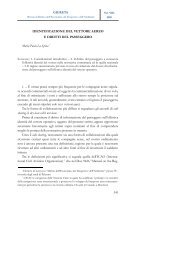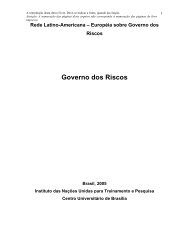YEARS OF EUROPEAN ONLINE ANNÉES DE EN LIGNE ...
YEARS OF EUROPEAN ONLINE ANNÉES DE EN LIGNE ...
YEARS OF EUROPEAN ONLINE ANNÉES DE EN LIGNE ...
You also want an ePaper? Increase the reach of your titles
YUMPU automatically turns print PDFs into web optimized ePapers that Google loves.
WORKSHOP<br />
focus on text representation and Boolean searching could be maintained but<br />
going far beyond existing uses of legal ontologies like cross-lingual information<br />
retrieval or input reinement.<br />
the main difference to existing features of EUR-Lex would be an automated<br />
reuse of an advanced knowledge representation (e.g. extended EUR-Lex<br />
ield structure). Semantic data would be interpreted and then presented in a<br />
user-friendly output. Support would be provided for the major legal task of<br />
interpretation and legal reasoning.<br />
<strong>DE</strong>VELOPm<strong>EN</strong>t OPtIONS fOR ONtOLOGIES IN EU LAw<br />
A general transformation of EUR-Lex data into an ontological knowledge<br />
representation could not be recommended as the theory of legal ontologies is<br />
not yet suficiently developed and the scaling-up problem seems to be too dificult.<br />
thus, small full-scale projects should be envisaged. Such projects should<br />
be practical, take into account user needs and require limited additional data<br />
acquisition. further, automated information representation and interpretation<br />
should be feasible at a high level. the focus should be on solving problems in<br />
live situations for professionals and lay users.<br />
At present, navigators through the wealth of information seem to be the<br />
best solution. As such, the ideas behind the following navigators should be<br />
presented in more detail: legislative, citations, layers of the legal order and<br />
terminology.<br />
LEGISLAtIVE NAVIGAtOR<br />
As mentioned, PreLex and its counterpart, Œil, the Legislative Observatory<br />
maintained by the European Parliament ( 10 ), are ine information tools of<br />
the legislative process. with some metadata and intelligent output, EUR-Lex<br />
may also achieve a similar quality to these two specialised databases.<br />
At present, a search for a particular Commission proposal shows the status<br />
of the proposal and — in combination with a cross-reference search — related<br />
documents, e.g. resolutions of the European Parliament, opinions of the European<br />
Economic and Social Committee. Documents not covered by EUR-Lex<br />
but by PreLex are Commission staff working documents, Council working<br />
documents, press releases of the Commission, the Council, the European<br />
( 10 ) website: http://www.europarl.europa.eu/oeil/.<br />
144 | 145<br />
01_2007_5222_txt_ML.indd 145 6-12-2007 15:14:03



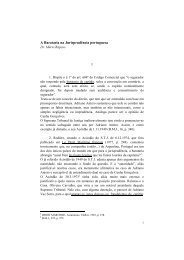
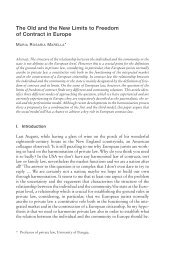

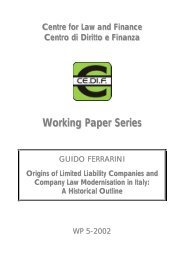
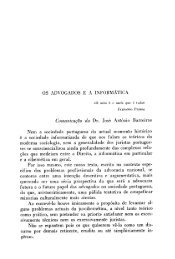
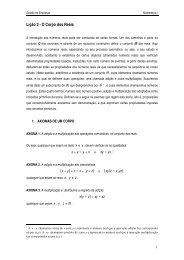
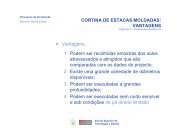
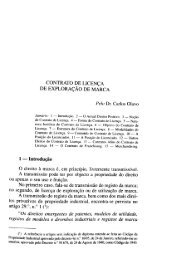
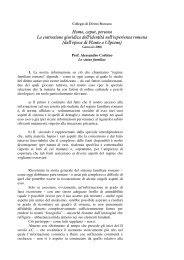
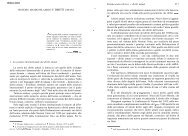

![Luigi Sapio Nozione di islām La parola “islām” [ ] è il mas.dar1 ...](https://img.yumpu.com/15836073/1/185x260/luigi-sapio-nozione-di-islam-la-parola-islam-e-il-masdar1-.jpg?quality=85)
